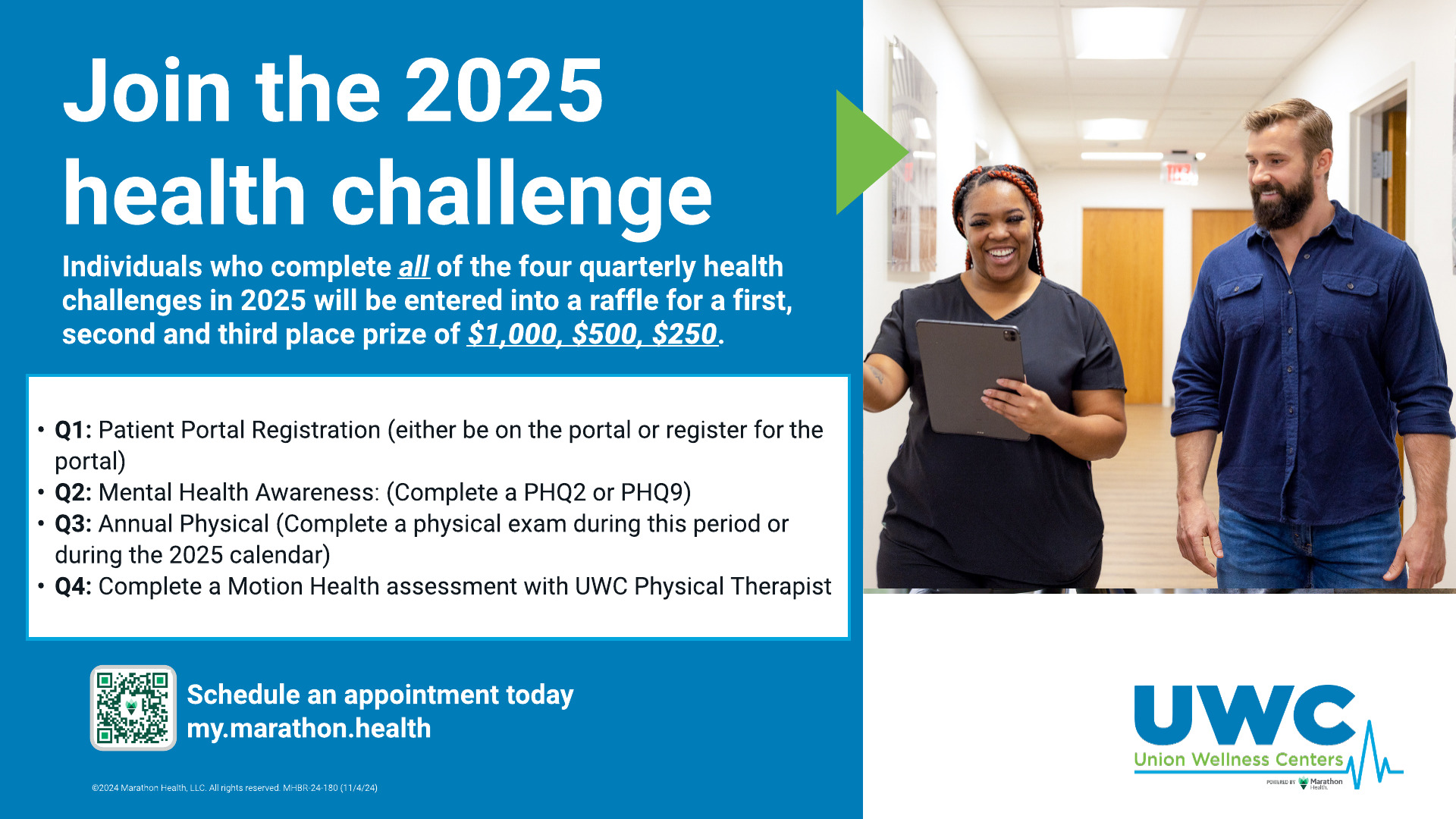Boost Heart Health All Year Long
Did you make a resolution for the new year?
Sticking to achievable goals is still a fresh topic as we enter February. Fitness, nutrition, and weight loss are common goals. While weight loss is an excellent goal worth seeking, there are other aspirations you may want to look into besides losing pounds. Consider heart health as a goal this year. There are many habits you can work on to keep your heart healthy.
Heart health is often forgotten, because your heart is working around the clock for your body without much thought. A first step you can take this year is consulting with your primary care provider (PCP) about your cholesterol, blood pressure, and other measurements often taken during an annual physical exam. Understanding your numbers is key to reducing the risk of heart disease. Consider working with your PCP to discuss the following lifestyle changes as you seek to get your numbers in range and your heart healthy for years to come.
- Eat healthy: Fill your plate with fruits, vegetables, whole grains, low-fat dairy, beans, skinless poultry, and lean meats. Limit saturated and trans fats, salt, and added sugar.
- Get active: Talk with your PCP before you start exercising if you have any underlying health concerns. You can start by doing just a little bit of activity at a time. Aim for 150 minutes per week of moderate to intense activity.
- Manage stress: Stress can raise your blood pressure. Exercising and getting enough sleep can help relieve tension. You can also try to take 15 minutes of quiet time every day to relax. Leaning on friends and family for support and doing things you enjoy may also help.
- Avoid tobacco smoke: If you smoke, quit. If you don’t, secondhand smoke can still damage your heart.
- Limit your alcohol intake: For women, this means no more than one drink a day. For men, it’s no more than two. One drink equals 4 ounces of wine (about half a glass) or 12 ounces of beer (usually one can or bottle).
- Use care with medication: Some prescription and over-the-counter medicines can have too much sodium or may raise your blood pressure. Talk to your PCP or pharmacist about all of the medicines you are taking. Even things that you may consider to be safe may increase your blood pressure.
Source: WebMD.com, Heart.org, ACSM.org, Mayoclinic.org

